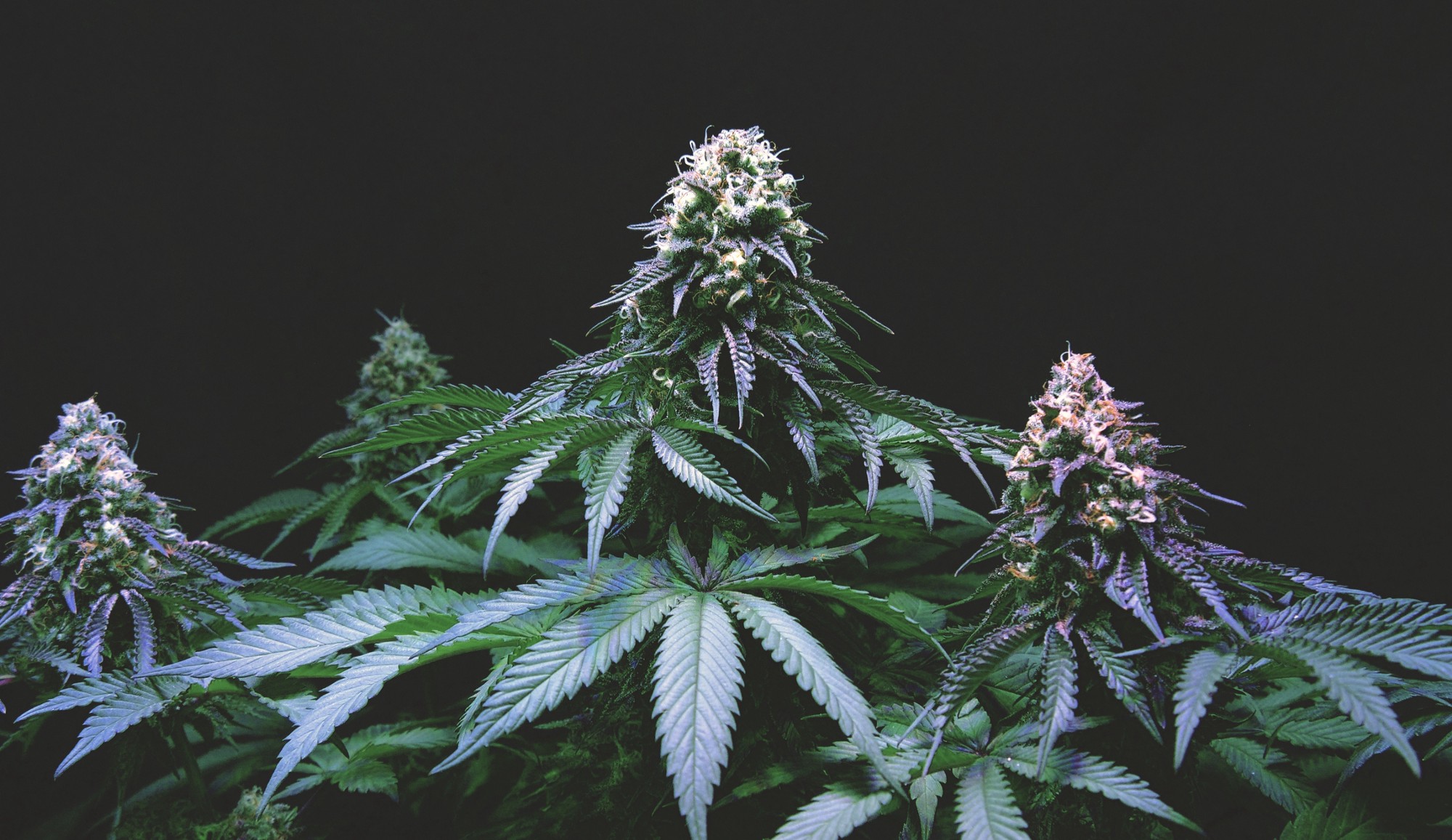New funding boosts UBC research into enhanced cannabis cultivars
October 27, 2020

October 27, 2020

More than $4.2 million in federal, provincial and industry support announced this week will bolster UBC research into enhanced cannabis cultivars, with a particular focus on disease resistance.
The project--Fast-Track Breeding of Powdery Mildew-Resistant Cannabis--is being led by UBC researchers Loren Rieseberg and Marco Todesco in partnership with Greg Baute and Charles Pick of Canadian-based Aurora Cannabis.
"The Government of Canada is proud to support Canada’s world-leading stem cell and genomics research community," said William Amos, Parliamentary Secretary to the Minister of Innovation, Science and Industry in making the announcement. "Today’s investment has the potential to save lives and come up with new ways of solving environmental and agricultural challenges. This is Canadian science and innovation in action."
The improved cannabis cultivars will result in reduced losses to pathogen contamination and increase product quality. The breeding pipeline itself will also be used in the future to identify other important production and higher-value traits and introduce them into cannabis cultivars with superior agronomic performance, and help produce a secure supply of medical cannabis for Canadians.
"Our plan is to develop a genomics-enabled breeding pipeline that will increase the speed and precision of cannabis improvement and bridge the gap in genetic knowledge and breeding resources that currently separates cannabis from other modern crops,” says Rieseberg, an evolutionary biologist with the depatment of Botany and UBC’s Biodiversity Research Centre. "In collaboration with Aurora Cannabis, we'll apply this pipeline to solving a major limiting factor to large-scale cannabis production, susceptibility to powdery mildew."
"It's an honour to invest in this work and we congratulate all of the successful teams," said Pascal Spothelfer, President and CEO of Genome BC. "We're realizing the power of genomic science in the cannabis industry and supporting the important science behind this growing industry."
Cannabis is projected to become one of the largest crops in Canada over the next decade. However, current cannabis cultivars lack many desirable agronomic traits, and are poorly suited to the large-scale production needed to satisfy this growing market.
“The results of this project will benefit the Canadian cannabis industry and Canadian consumers, but also basic and applied science,” added Todesco. "The genomic resources that will be generated as part of this project will be freely available to the scientific community, and will help us and other researchers to understand better this important crop and its evolution."
The projects were part of an announcement made by William Amos, Parliamentary Secretary (Science) on behalf of the Minister of Innovation, Science and Industry Navdeep Bains. They announced $15.4 million in federal support to 10 new genomics research projects funded through Genome Canada. Provincial governments, businesses and research partners are also investing nearly $41 million in co-funding, for a total investment of $56.4 million in the areas of health, agriculture and the environment.
Genome Canada is a not-for-profit organization, funded by the Government of Canada, that acts as a catalyst for developing and applying genomics and genomic-based technologies to create economic and social benefits for Canadians.
Genome BC is a not-for-profit organization supporting world-class genomics research and innovation to grow globally competitive life sciences sectors and deliver sustainable benefits for British Columbia, Canada and beyond. Over the past 20 years, Genome BC has generated over $1.1 billion of investment in more than 425 genomics research and innovation projects, including nearly 1,000 collaborations with partners across BC and internationally.
We honour xwməθkwəy̓ əm (Musqueam) on whose ancestral, unceded territory UBC Vancouver is situated. UBC Science is committed to building meaningful relationships with Indigenous peoples so we can advance Reconciliation and ensure traditional ways of knowing enrich our teaching and research.
Learn more: Musqueam First Nation